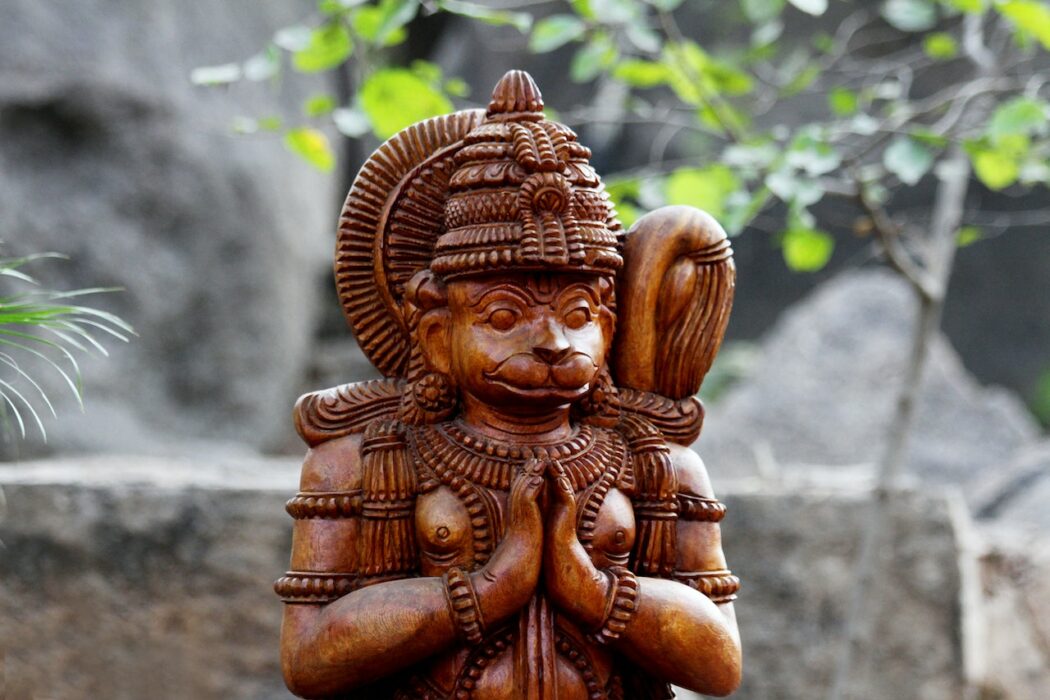Religions of the World: A Diversity of Beliefs and Practices
The world is a tapestry of diverse cultures, each with its own set of beliefs, traditions, and spiritual practices. Religion, a fundamental aspect of human existence, provides individuals with a framework for understanding the world, their purpose in life, and their connection to something greater than themselves. This article explores five major religions from around the world, highlighting their core tenets, rituals, and contributions to human history.
The first religion to be discussed is Hinduism, which is an ancient spiritual tradition that originated in the Indian subcontinent. Hinduism is based on a faith in one supreme God and a doctrine of reincarnation. Hindus worship a variety of deities and seek to attain knowledge of their true selves so they can live in harmony with nature. Hindu rituals are performed in temples, covered in decorations and draped in symbols of deities.
The second religion to be discussed is Buddhism, which was founded by Siddhartha Gautama, the Buddha. Buddhists seek enlightenment, practicing the path of the Middle Way, which is free of extreme suffering or indulgence. Buddhism embraces meditation, ethical living, and the core discipline of living without attachment to material possessions and lifestyle. In Buddhist ceremonies, people recite mantras, practice meditation, and chant sacred descriptions of spiritual truth.
Christianity – A Global Faith
With over 2.3 billion followers, Christianity is the largest religion in the world. Founded on the life and teachings of Jesus Christ, Christians believe in the divinity of Jesus, his death, and resurrection as the means of salvation. Christianity encompasses various denominations, each with unique traditions and interpretations of scripture. Key practices include prayer, worship, sacraments, and acts of service. The religion has had a profound influence on art, culture, and societal values throughout history.
Islam – Submission to the Will of Allah
Islam, the second-largest religion globally, has approximately 1.9 billion adherents. Muslims follow the teachings of the Prophet Muhammad, as revealed in the Quran. The Five Pillars of Islam form the foundation of the faith, encompassing belief in the oneness of Allah, daily prayers, giving to charity, fasting during Ramadan, and making a pilgrimage to Mecca. Islam promotes values such as compassion, justice, and social responsibility. Its contributions span areas such as science, architecture, and philosophy. The term ‘Islam’ literally means ‘submission’, derived from a root word meaning ‘peace’. Many Muslims view the religion as one of peace and harmony, intended to bring balance and order to believers’ lives and the world at large. This is reflected in the five pillars, which cover areas such as ethical behavior, servitude to God, and spirituality.
Hinduism – A Tapestry of Beliefs and Practices
Hinduism, one of the oldest religions, has approximately 1.2 billion followers, primarily in India and Nepal. It encompasses a vast array of beliefs, rituals, and philosophies. Hinduism emphasizes the concepts of dharma (righteousness) and karma (the law of cause and effect). The religion embraces the worship of multiple deities, with devotion expressed through rituals, meditation, and yoga. Hinduism has enriched the world with its contributions to literature, art, music, and spirituality.
Buddhism – The Path to Enlightenment
Buddhism, founded by Siddhartha Gautama (the Buddha), has around 500 million adherents worldwide. It revolves around the Four Noble Truths, which acknowledge the existence of suffering and provide a path to liberation from it. Buddhism promotes ethical conduct, mindfulness, and meditation as means to attain enlightenment and break the cycle of rebirth. The religion has influenced diverse cultural traditions and has made significant contributions to philosophy, psychology, and the practice of mindfulness.
Judaism – The Covenant with God
Judaism, with approximately 15 million adherents, is one of the oldest monotheistic religions. Rooted in the covenant between God and the Jewish people, it encompasses a rich tapestry of religious laws, traditions, and rituals. Judaism places emphasis on the study of sacred texts, prayer, ethical behavior, and communal life. It has had a profound impact on monotheistic religions and has contributed to fields such as ethics, philosophy, and social justice.
In conclusion, the world’s religions are as diverse as the people who practice them. Christianity, Islam, Hinduism, Buddhism, and Judaism represent a small sample of the many religious traditions that exist. Each religion offers its followers a unique spiritual path, a framework for understanding the universe, and guidance for leading a meaningful life. By recognizing and respecting the diversity of religious beliefs and practices, we can foster mutual understanding, tolerance, and appreciation for the richness of human cultures across the globe.

